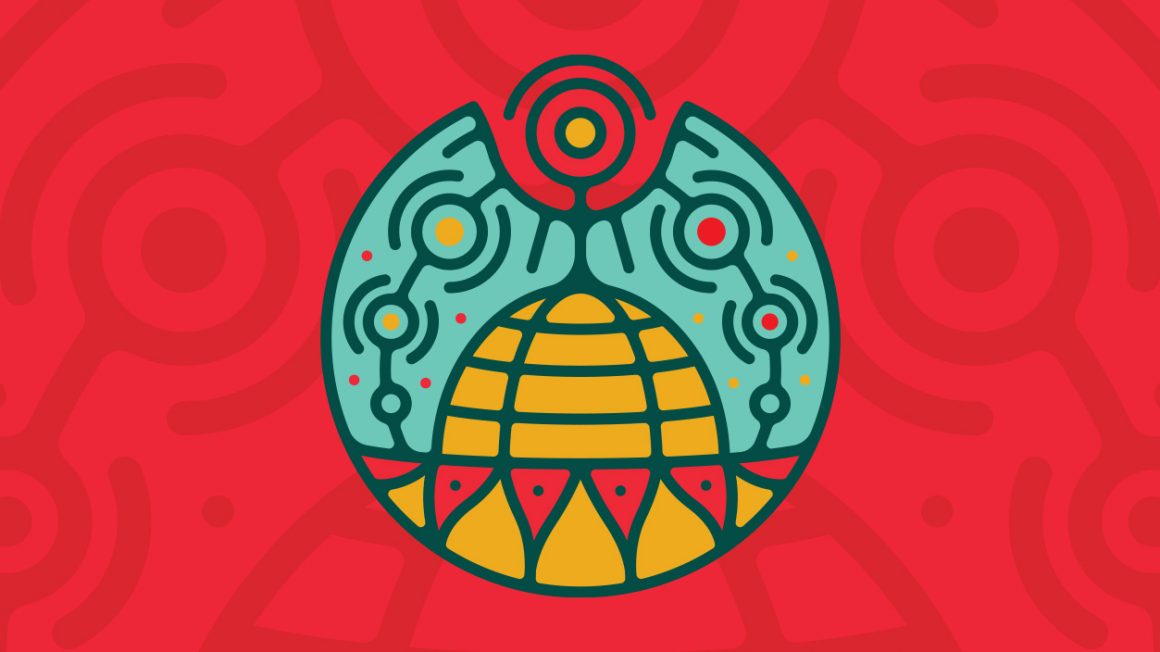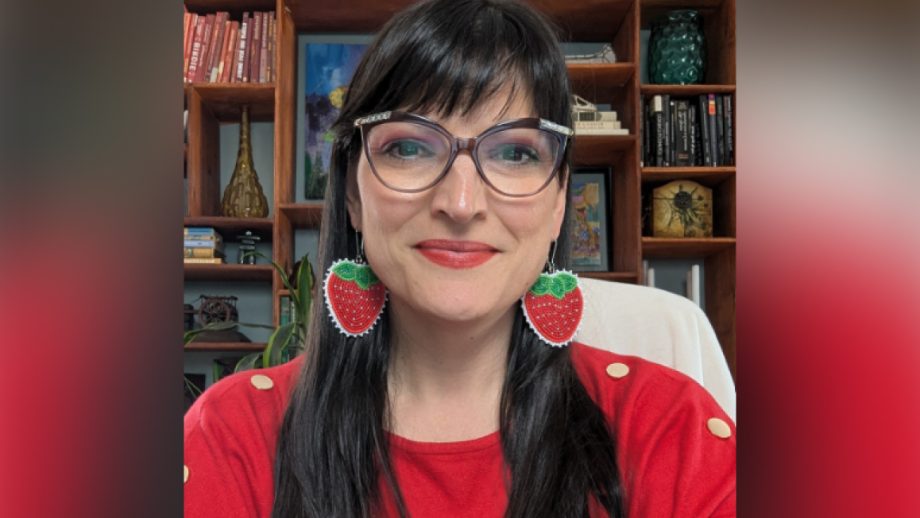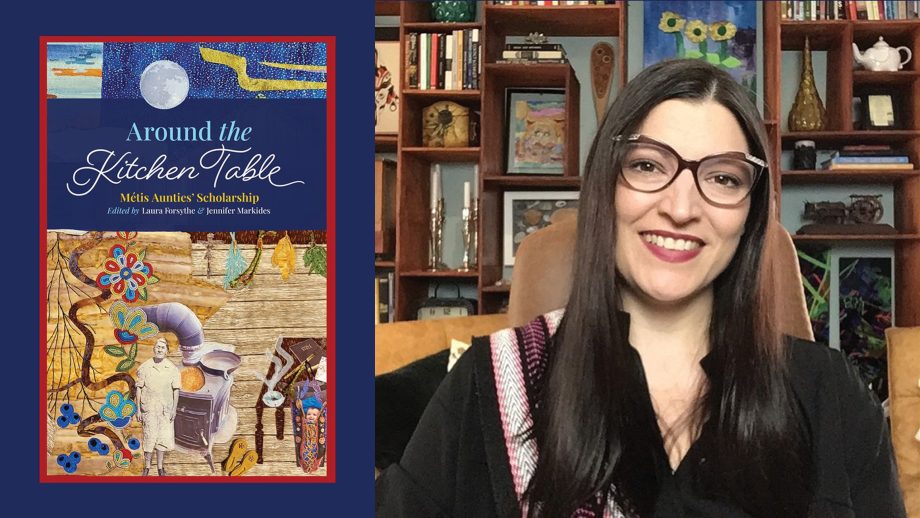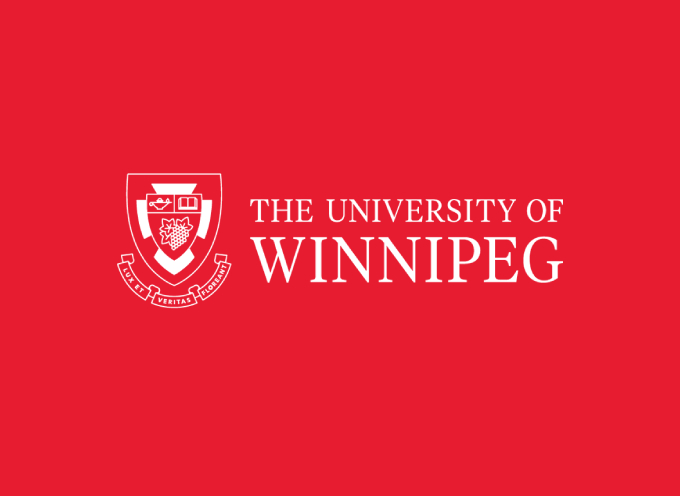June is National Indigenous History Month, an opportunity to acknowledge and honour the culture, achievements, and significant contributions of First Nations, Inuit, and Métis peoples.
As you ride the escalators in Centennial, you will notice new Indigenous language banners welcoming you to campus. These banners, decorated with artwork by Oji-Cree artist Jordan Stranger, represent the importance of language revitalization and inclusion, greeting visitors to the university in the following Indigenous languages:
- Ta wâw means “you are welcome, there is room” in the Cree language.
- Iyuskin means welcome in the Dakota language.
- Biindigen means “come in” in the Ojibwe language.
- Wotziye means “hello” in the Dene language.
- Tunngasugit means “welcome” in the Inuktut language.
- Pee-piihtikweek means “welcome, or come in” in the Michif language.
- Bonjour means “hello” in the French language.
- Waaciye means welcome in the Oji-Cree language
- Tánsi means welcome in the Cree language.
- Kuwa means welcome in the Dakota language.
These translations have been guided by UWinnipeg community partner, Indigenous Languages of Manitoba, a non-profit organization dedicated to ensuring the strength and survival of our Indigenous languages.
Join us in saying “tawâw, iyuskin, iindigen, wotziye, tunngasugit, pee-piihtikweek, bonjour, waaciye, tánsi, kuwa, and welcome” to all visitors, students, faculty, and staff who connect, work, and study on campus.
As Canada continues on its important path of Reconciliation, education remains vital. As a member of The University of Winnipeg community we can support education by providing information on resources such as:
- Truth and Reconciliation Commission’s 94 Calls to Action
- Reclaiming Power and Place: The Final Report of the National Inquiry into Missing and Murdered Indigenous Women and Girls.
- United Nations Declaration on the Rights of Indigenous People
- UNESCO Upcoming Decade of Indigenous Languages (2022-2032) to focus on Indigenous language user’s human rights.
- The Aboriginal Justice Inquiry which was established in response to the deaths of JJ Harper and Helen Betty Osborne. On campus, the Helen Betty Osborne Building is named in remembrance of Helen Betty Osborne and many other Aboriginal woman whose lives have been marked by violence.
- The Royal Commission on Aboriginal People investigate and propose solutions to the challenges affecting the relationship between Aboriginal peoples (First Nations, Inuit, Métis Nation), the Canadian government and Canadian society as a whole.
“One of The University of Winnipeg’s strategic directions commits to Indigenization in part by continuing to bring Indigenous people and perspectives into UWinnipeg both through student, staff, faculty, and community celebration and recognition events, as well as by incorporating Indigenous knowledge and culture into our campus community,” said President and Vice-Chancellor Dr. Todd Mondor. “While we are proud of the work taking place to advance Reconciliation, there is much more to be done and we remain committed to our role in this important work.”
Please join us in recognizing National Indigenous History Month. If you are taking part in a project that celebrates Indigenous history, elevates Indigenous voices, or advances Reconciliation let us know at communications@uwinnipeg.ca.





